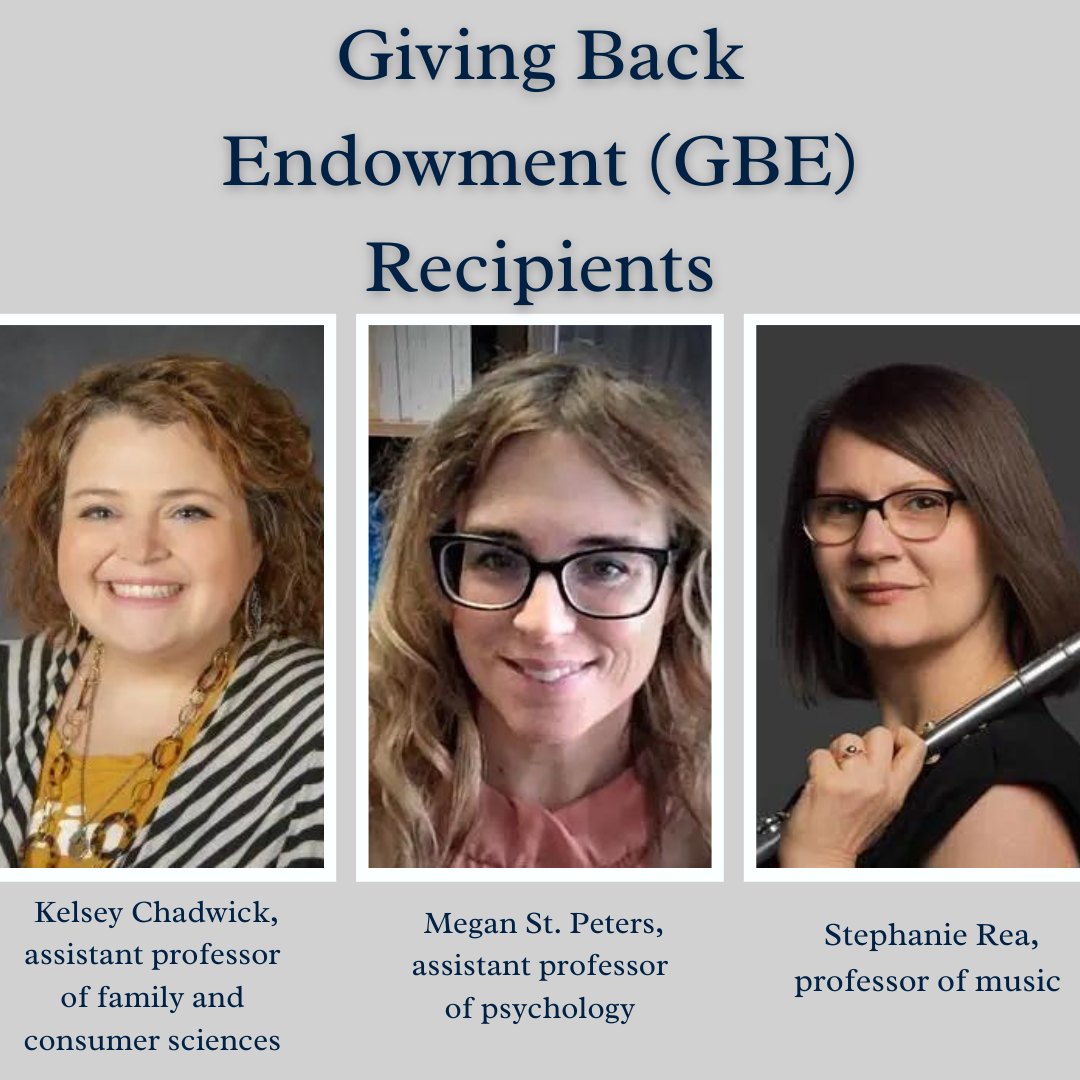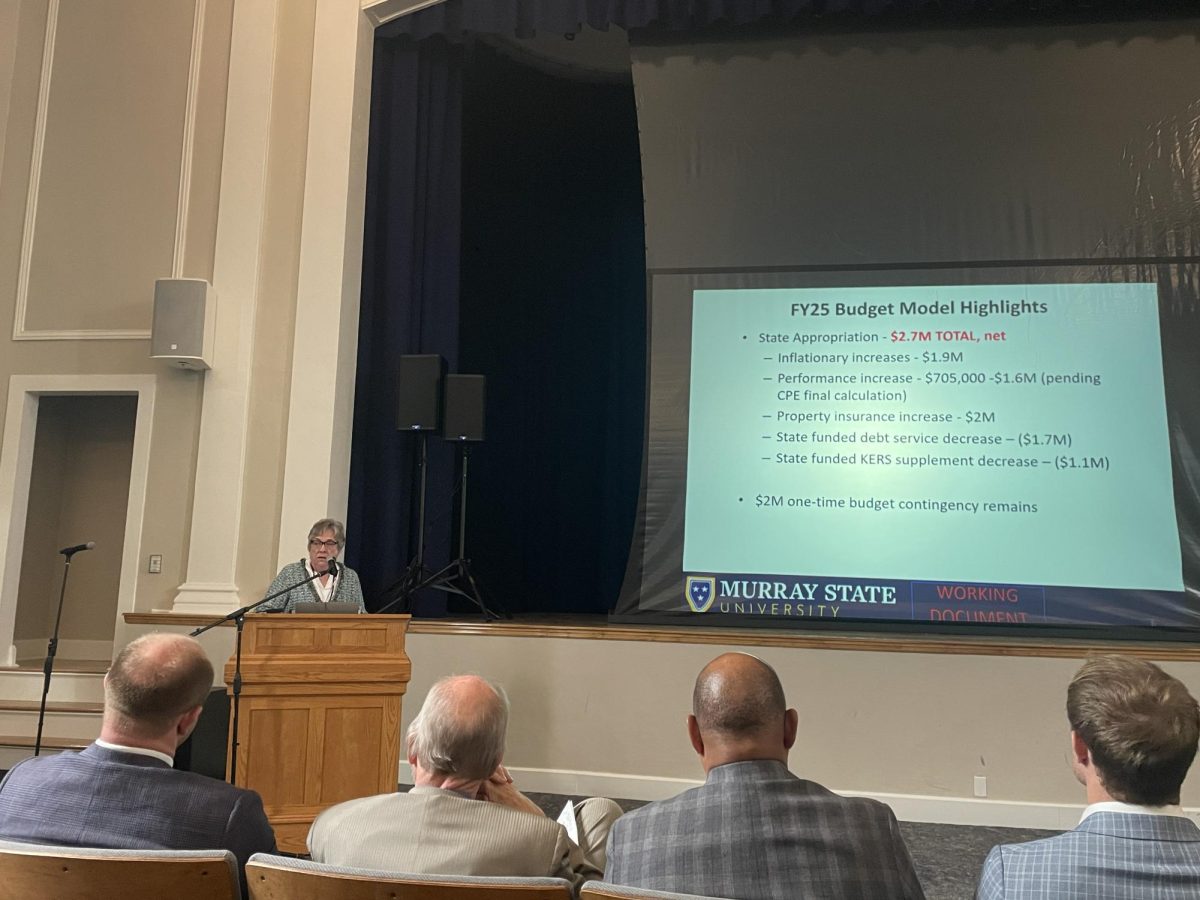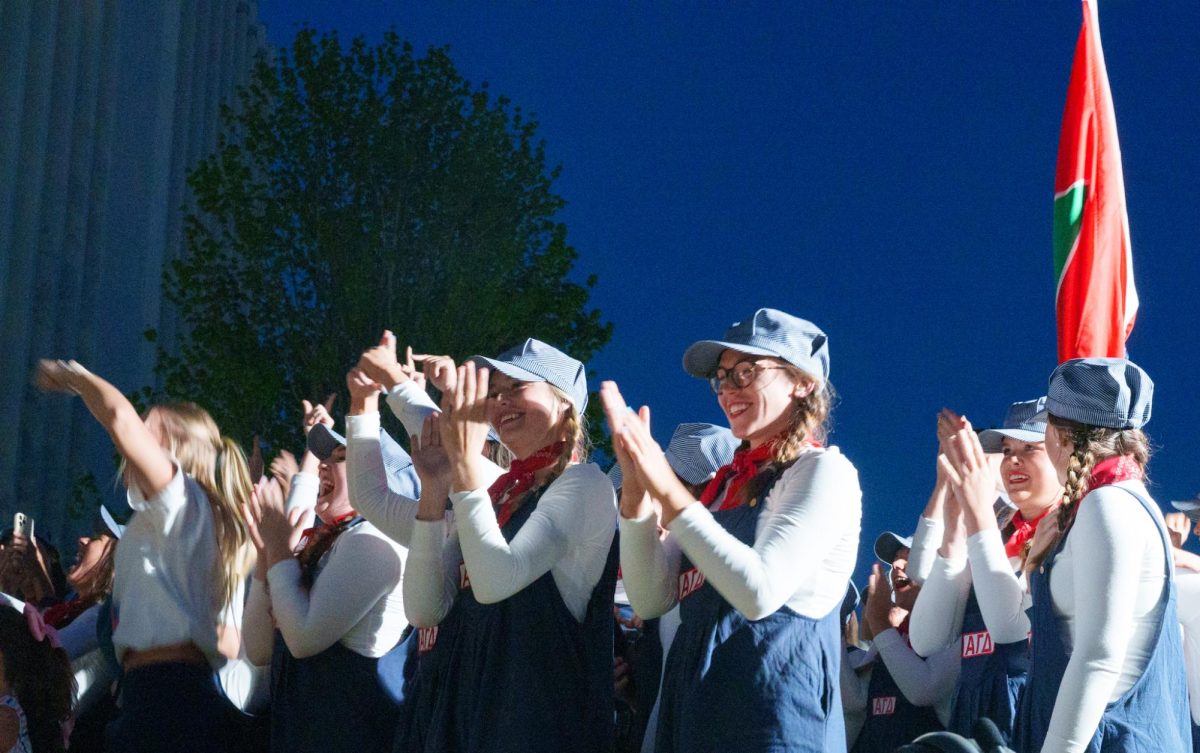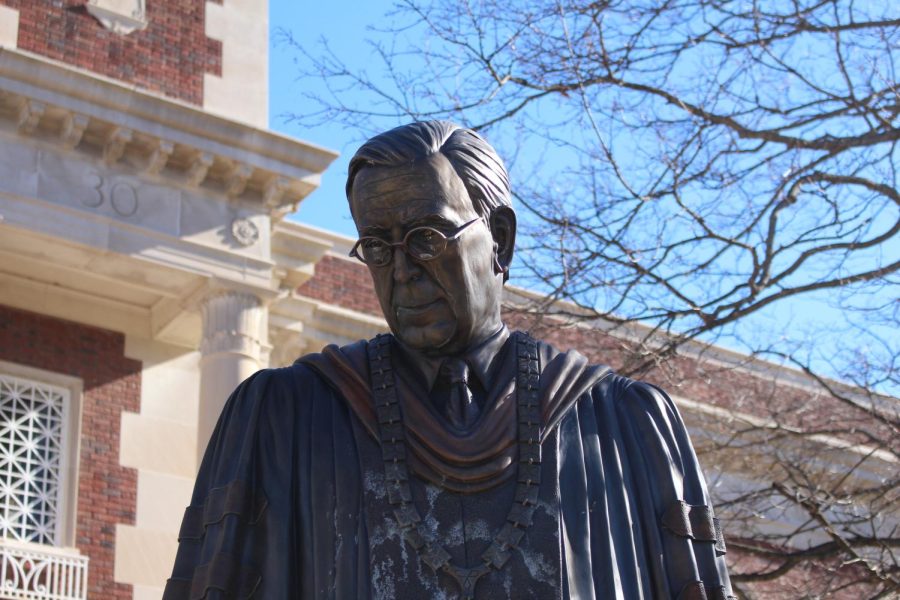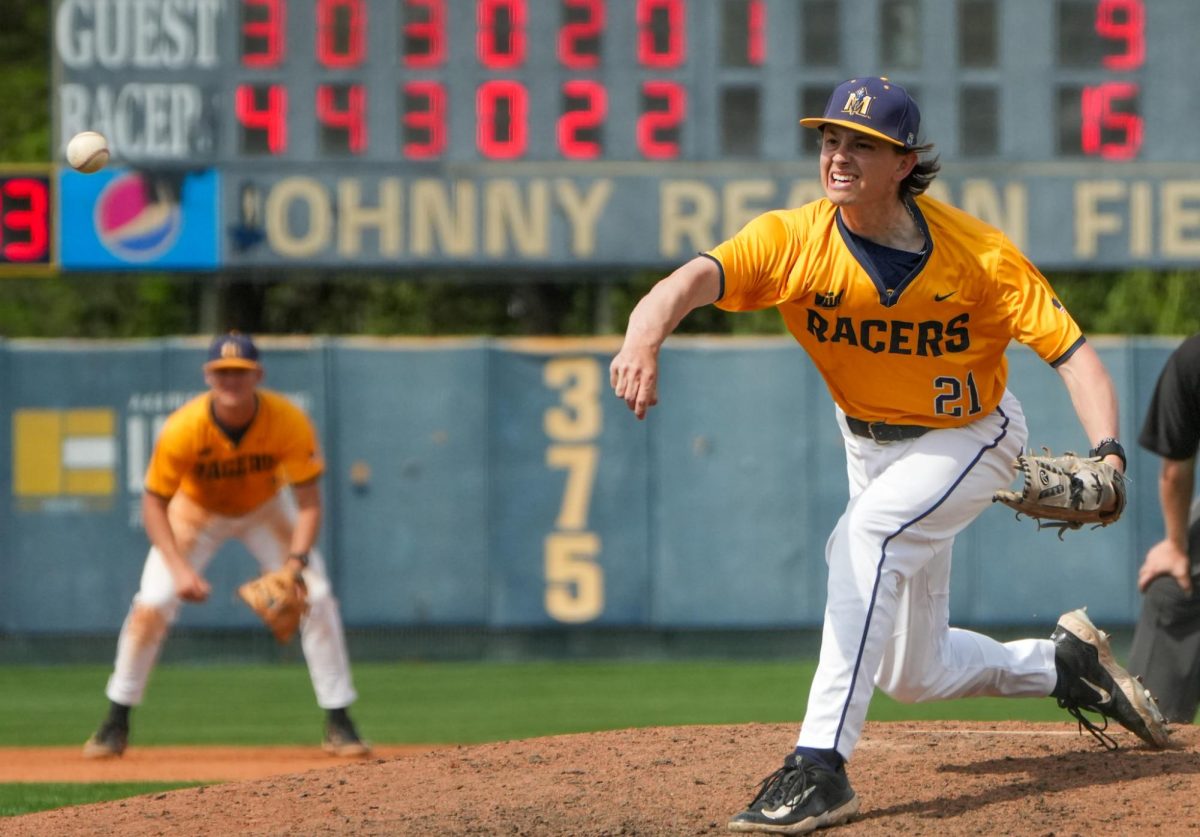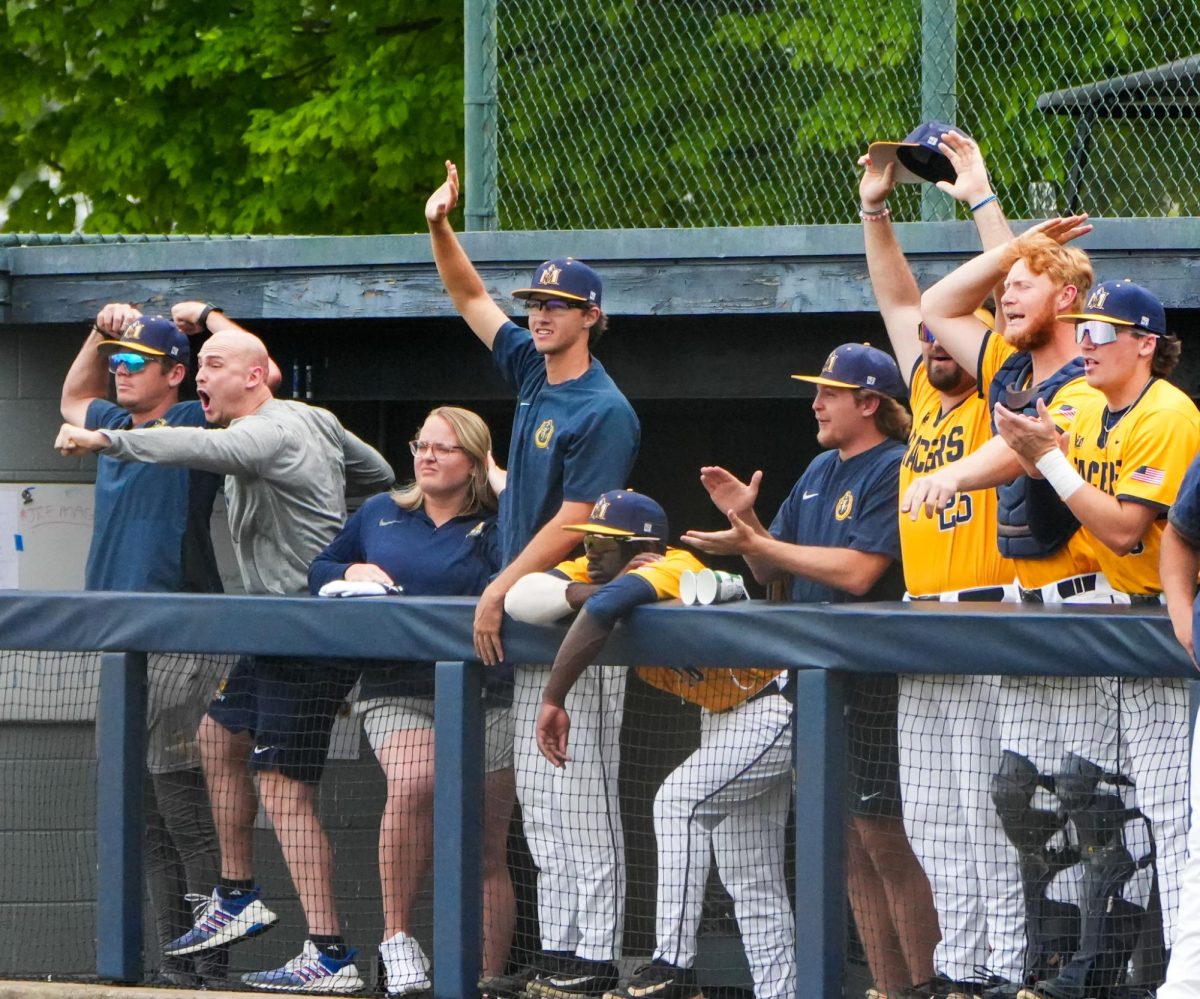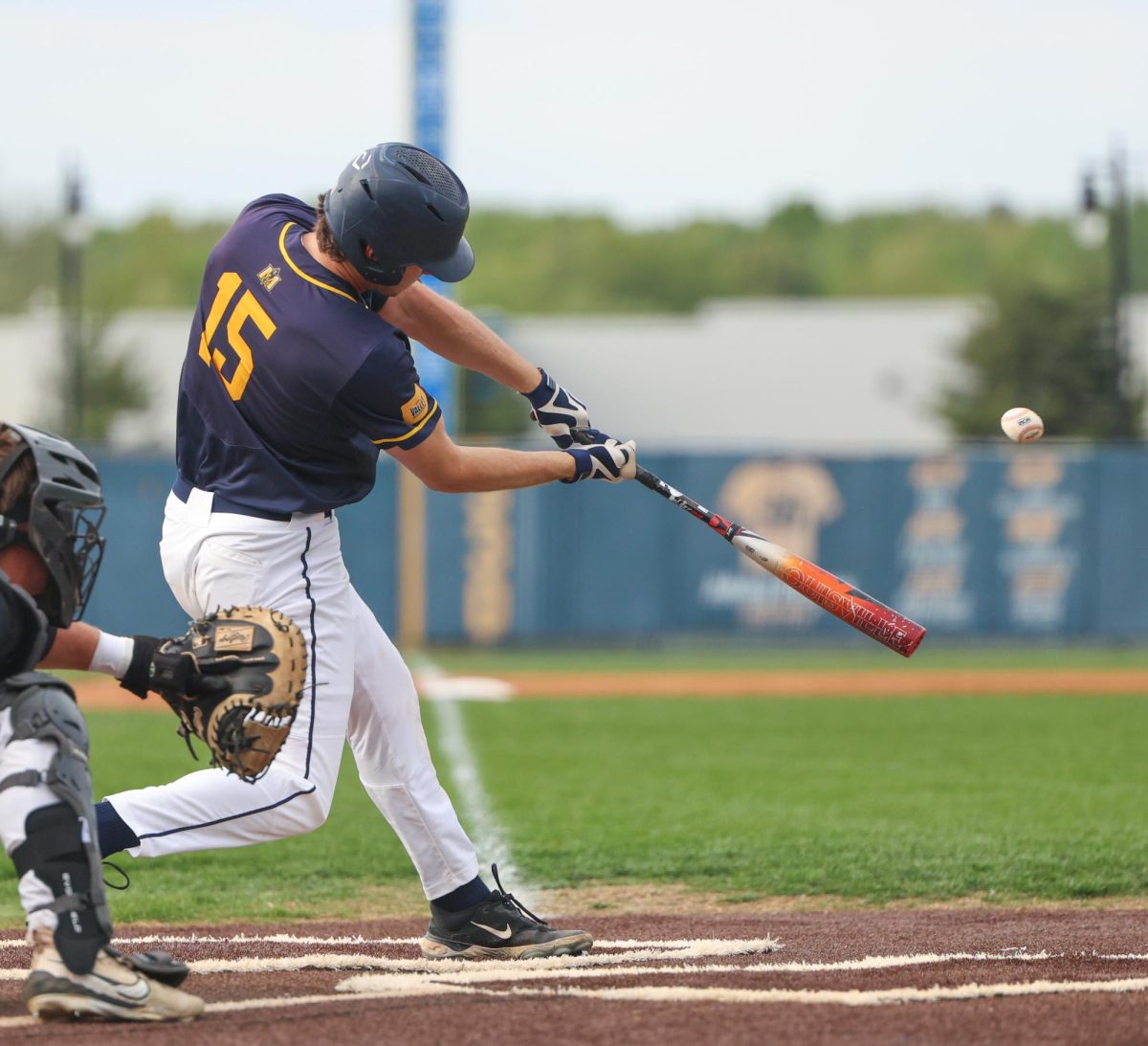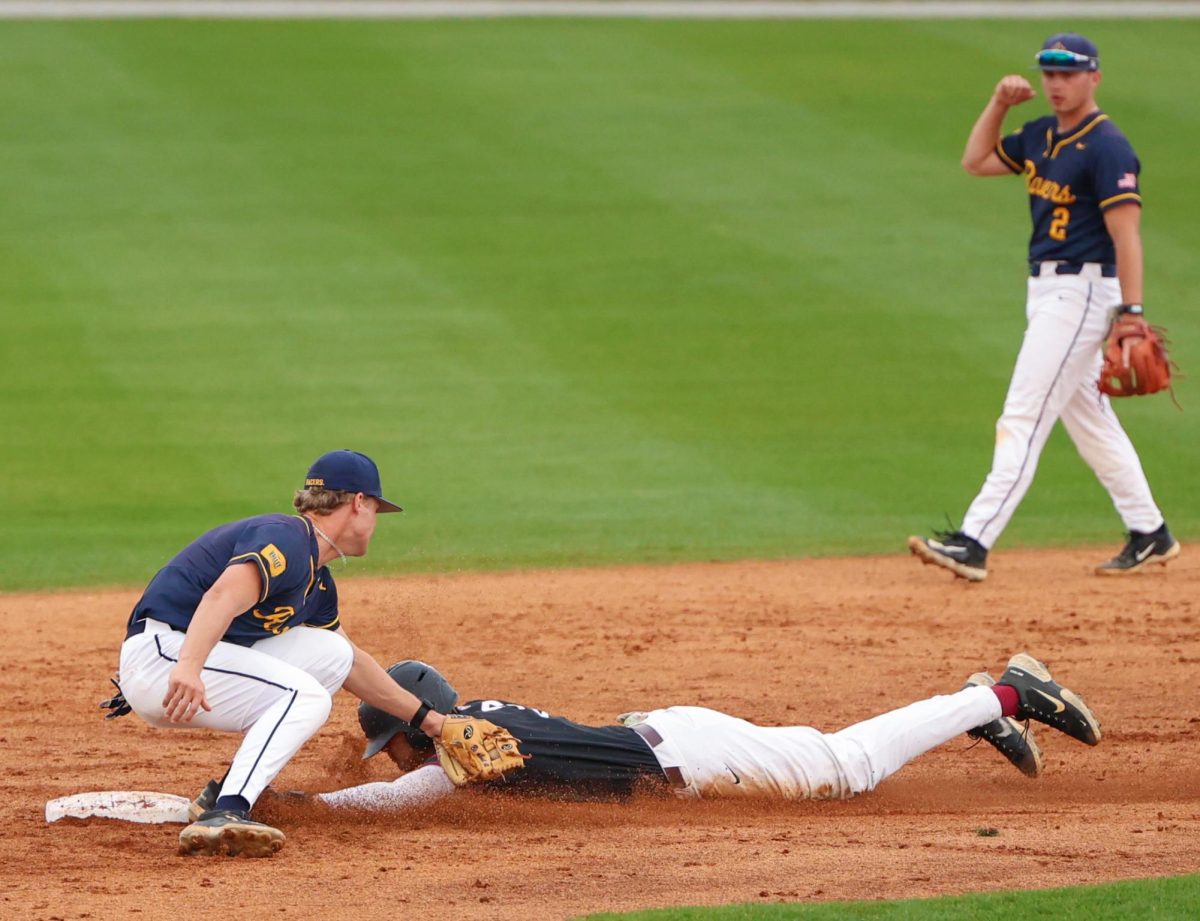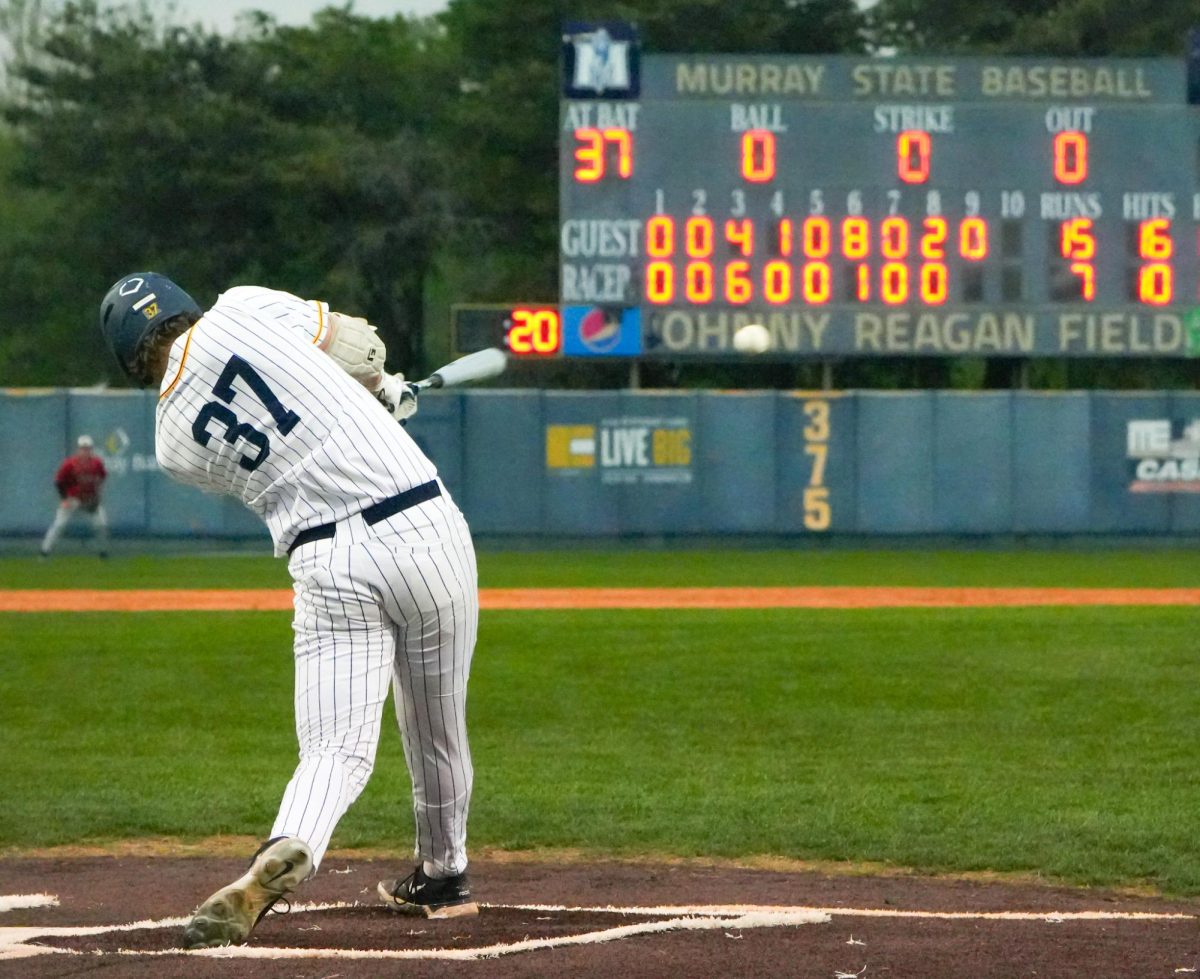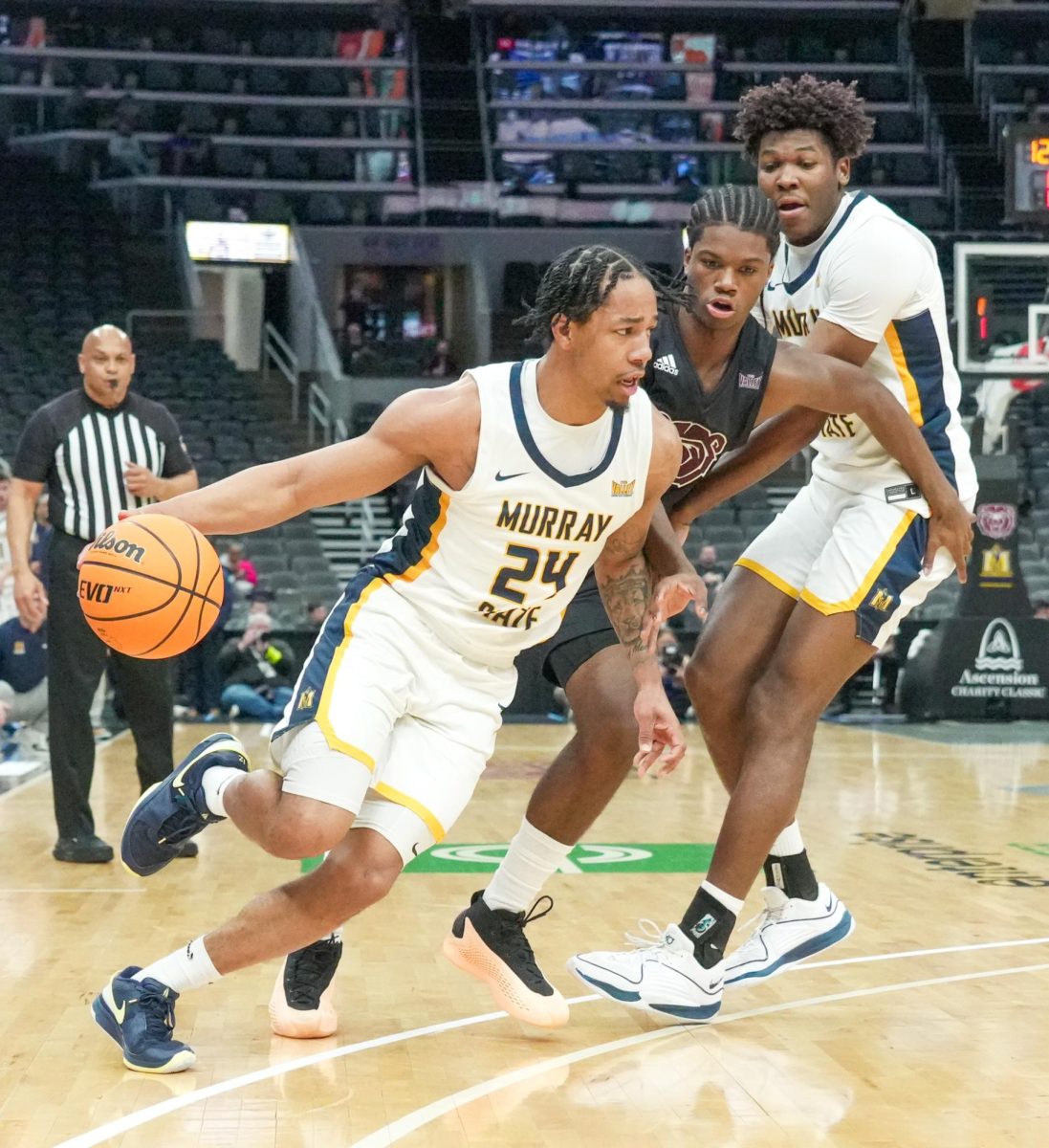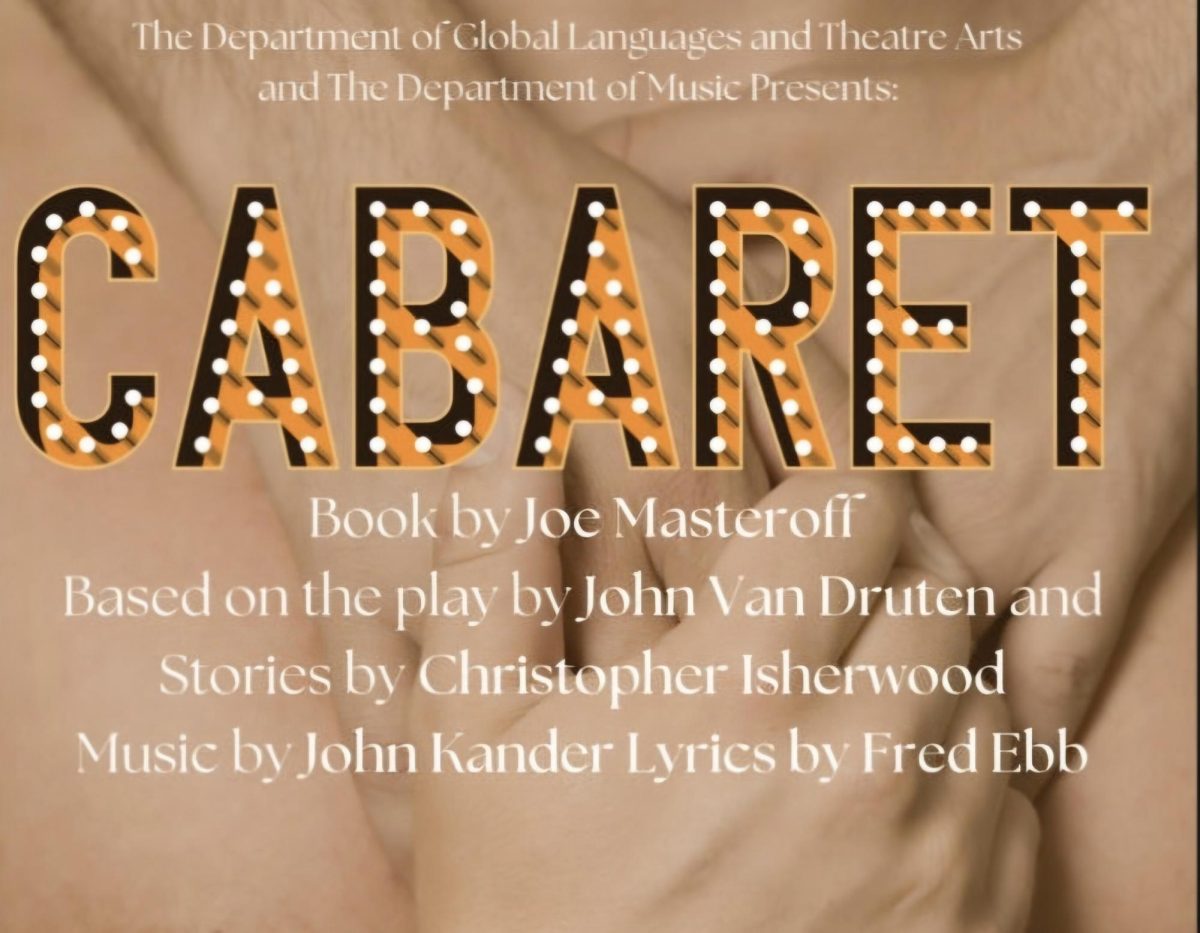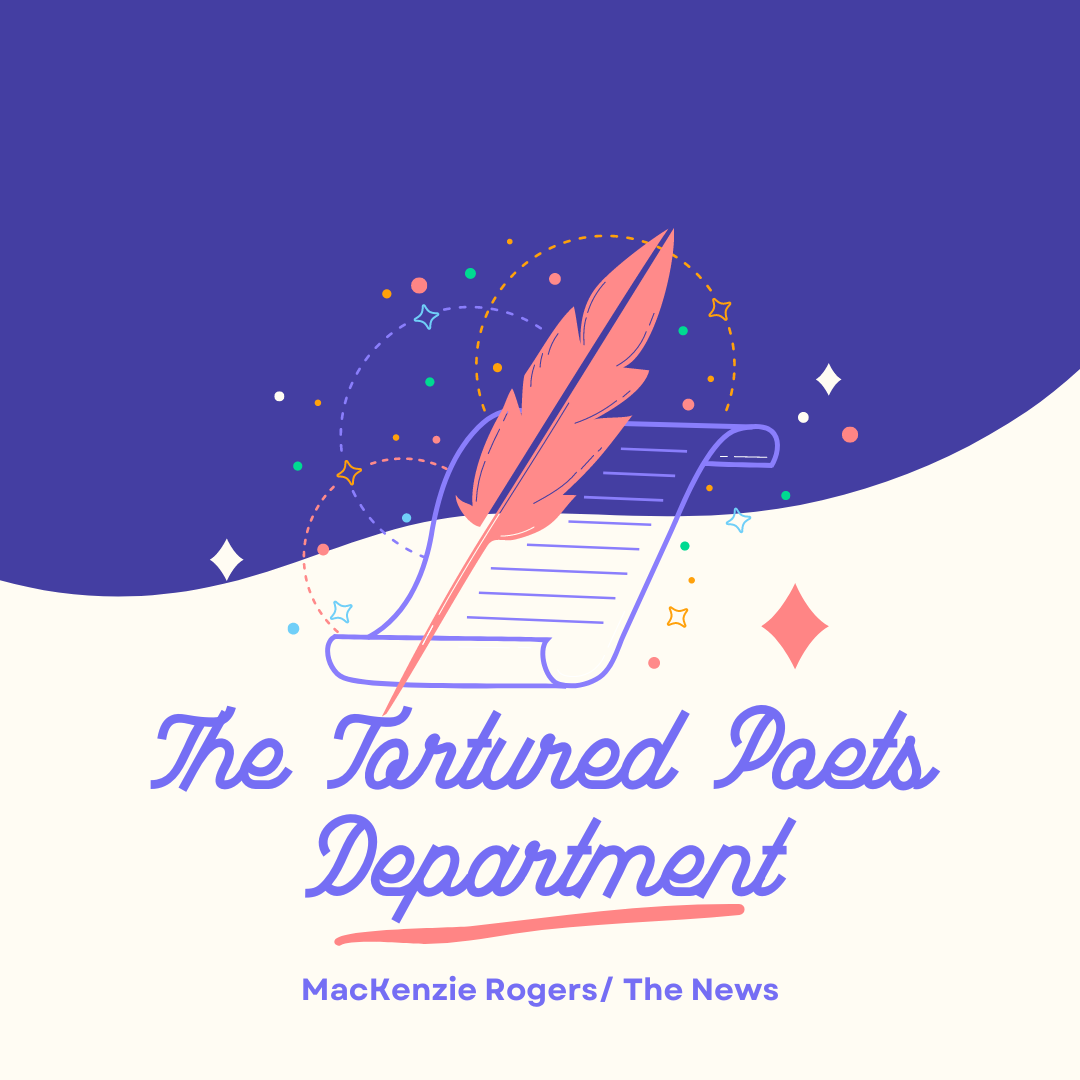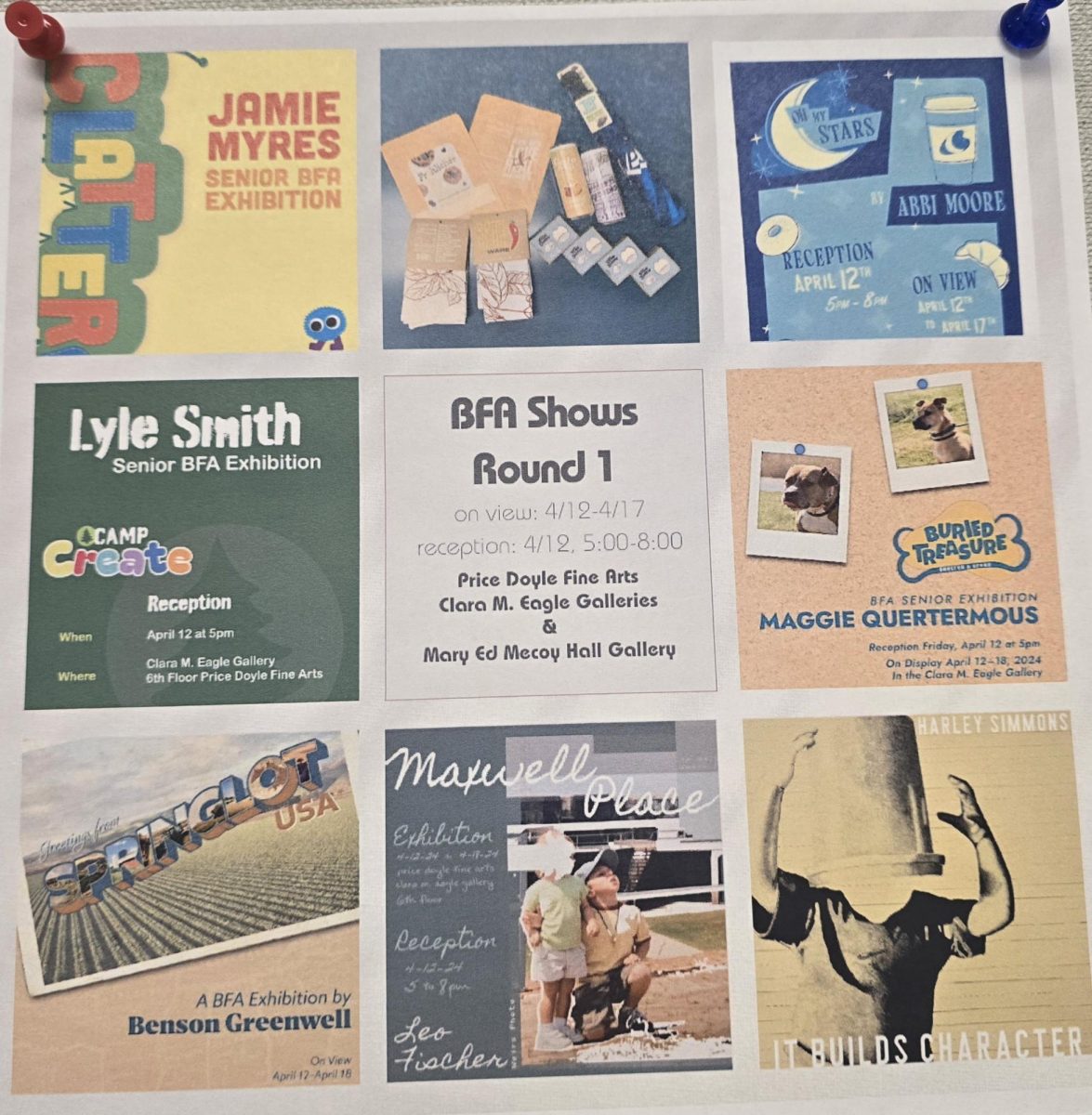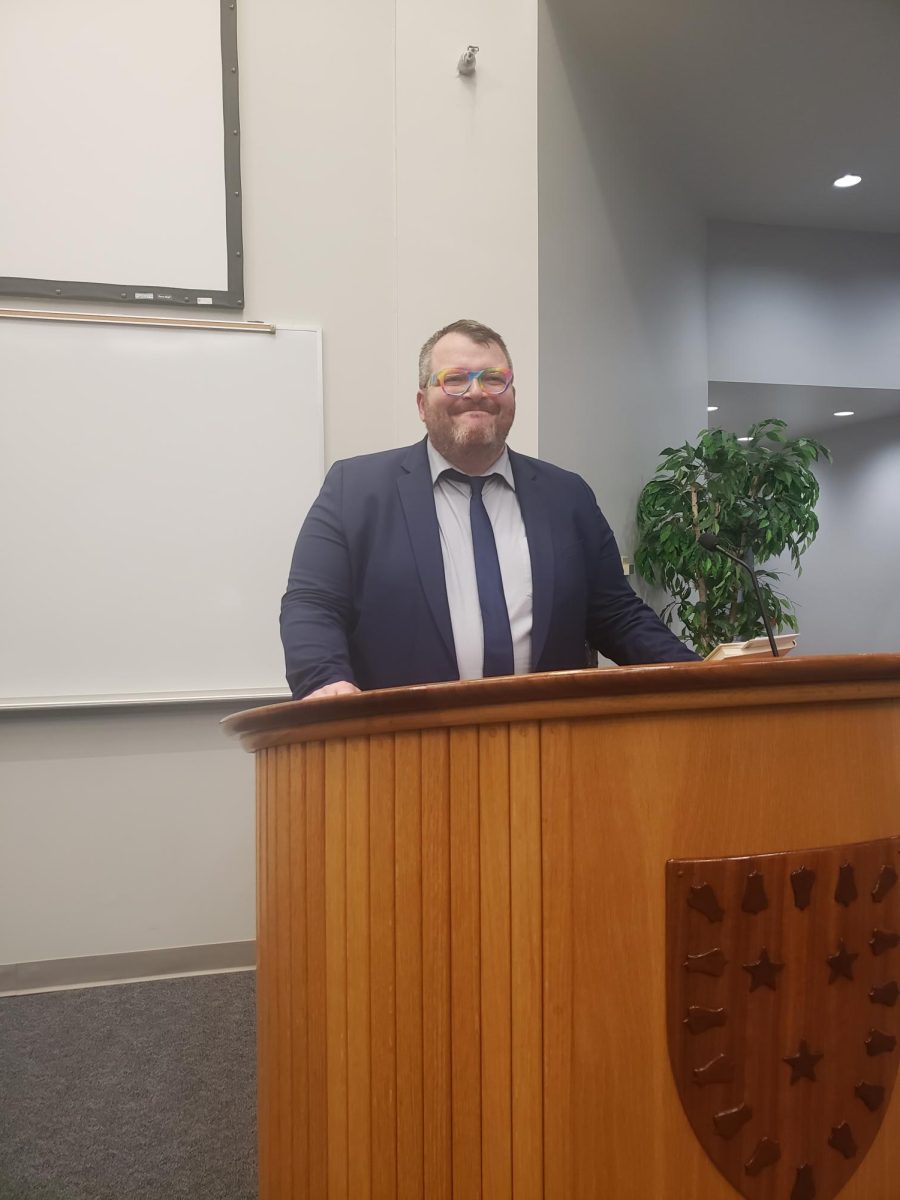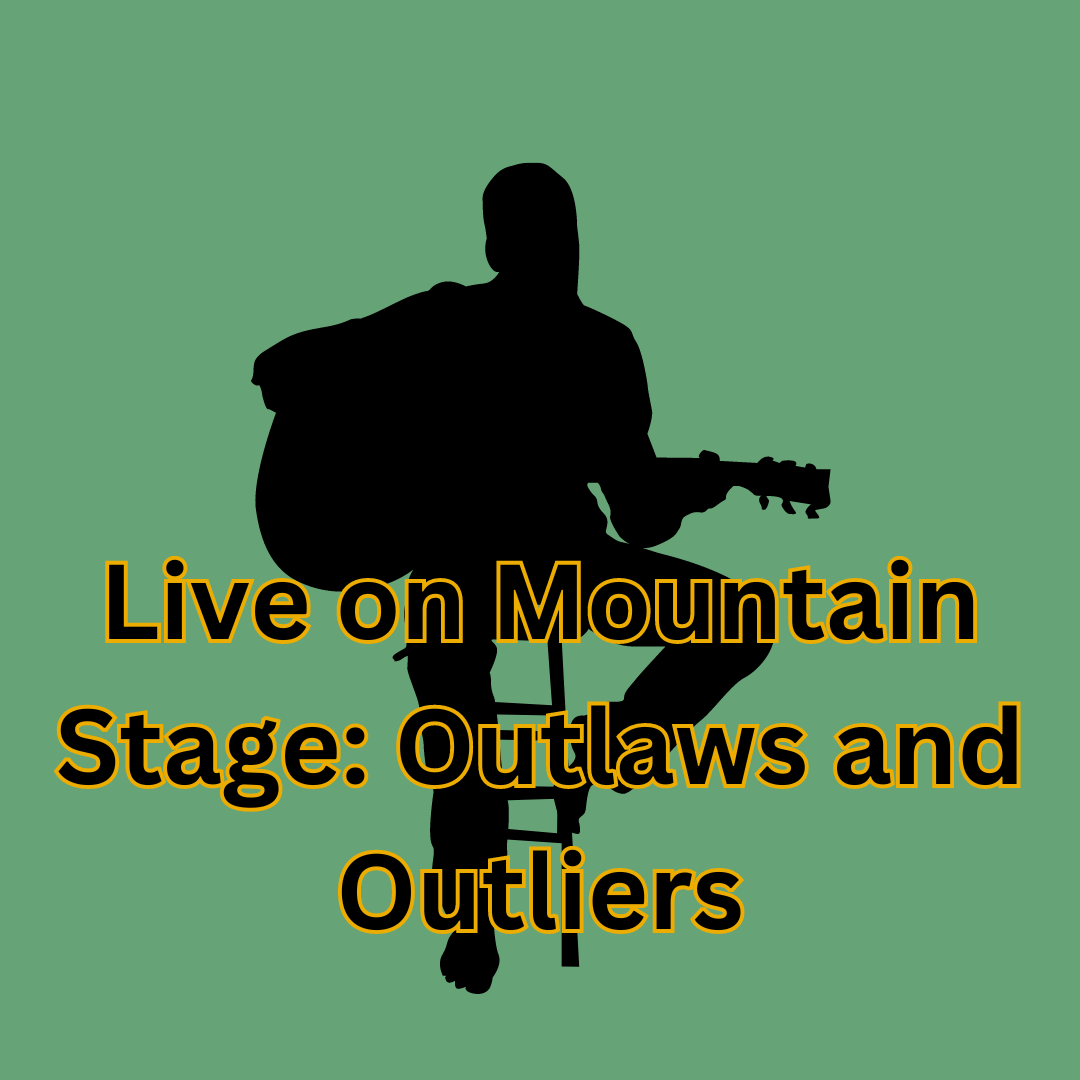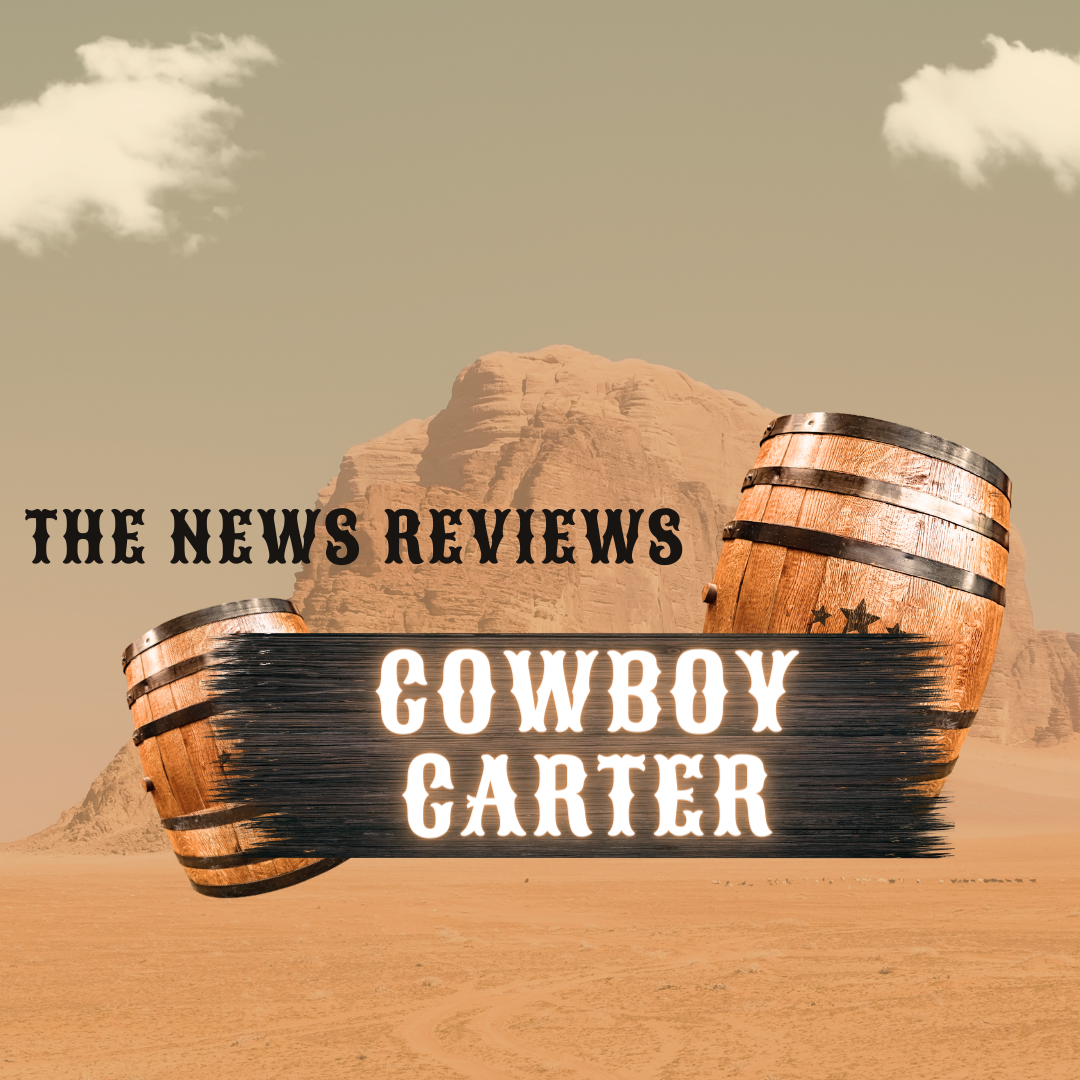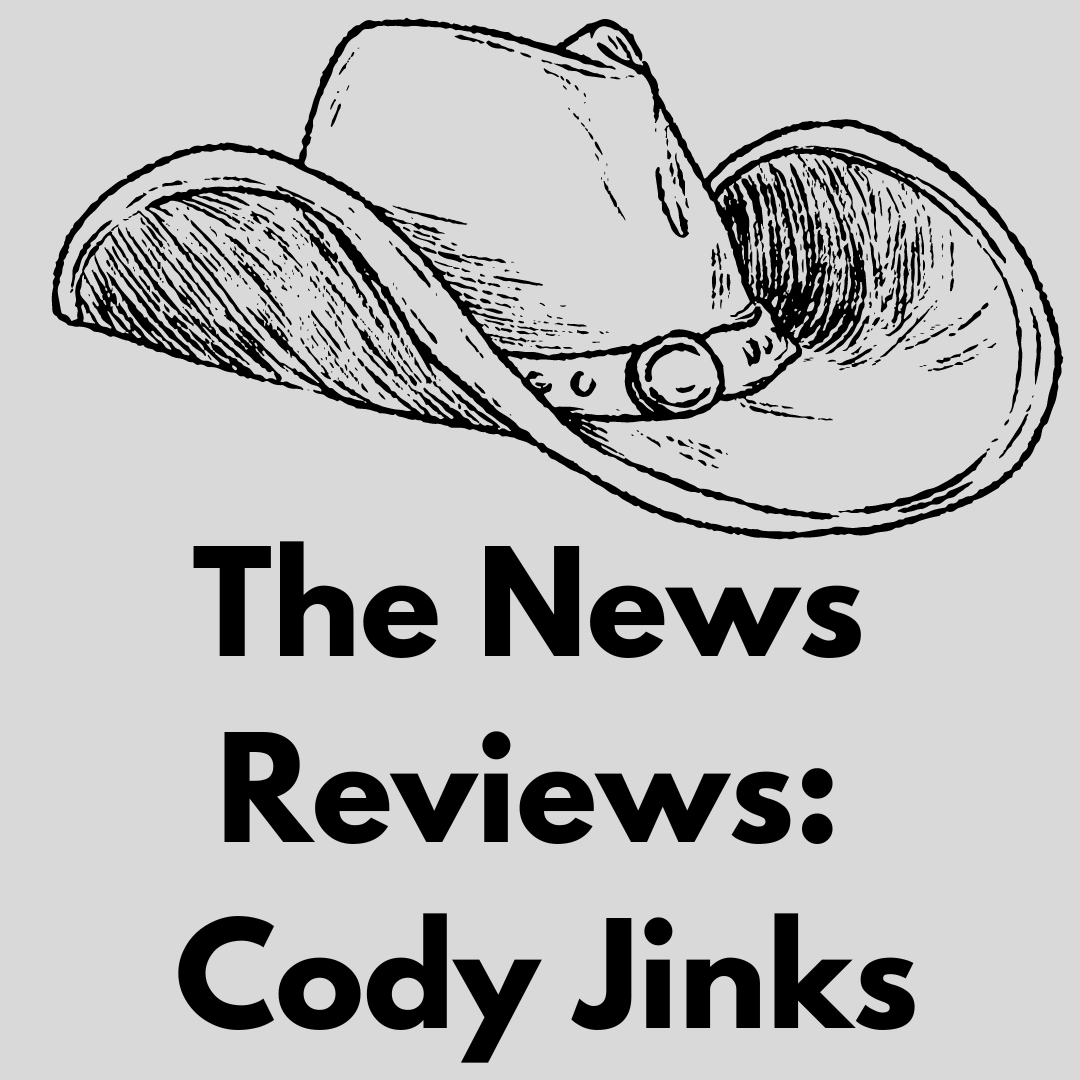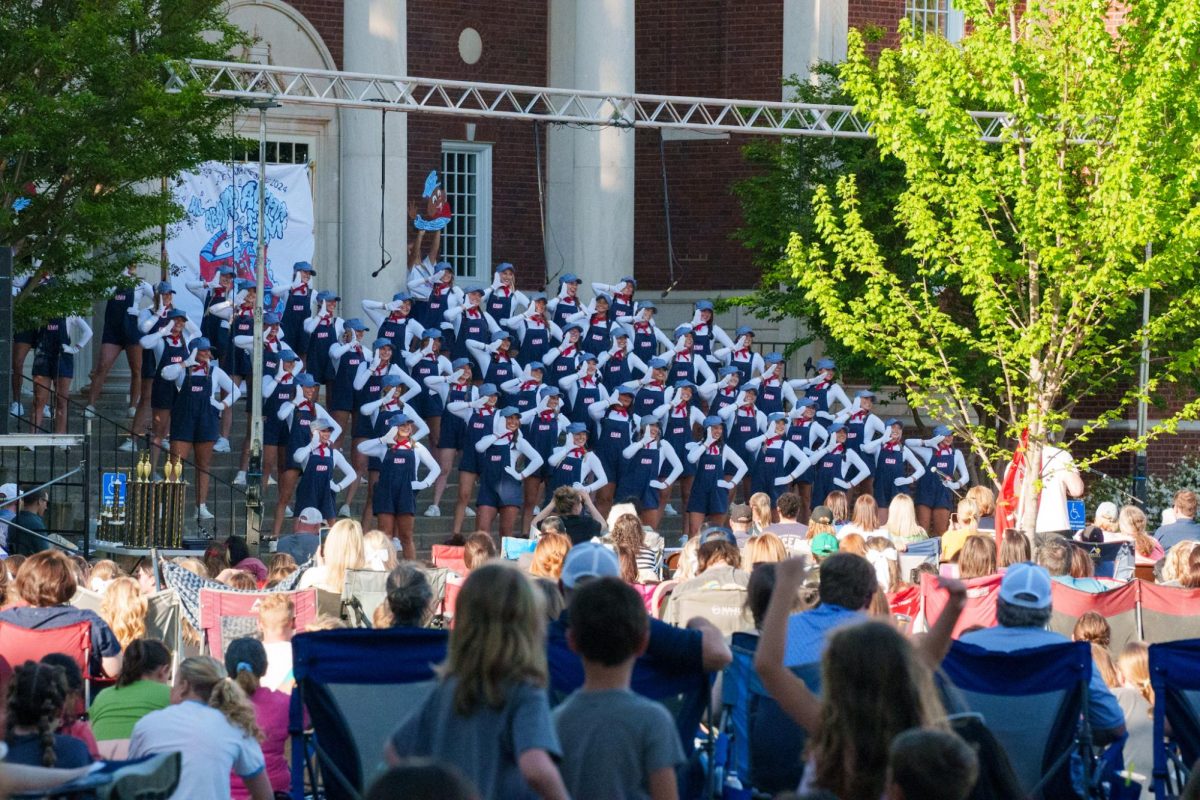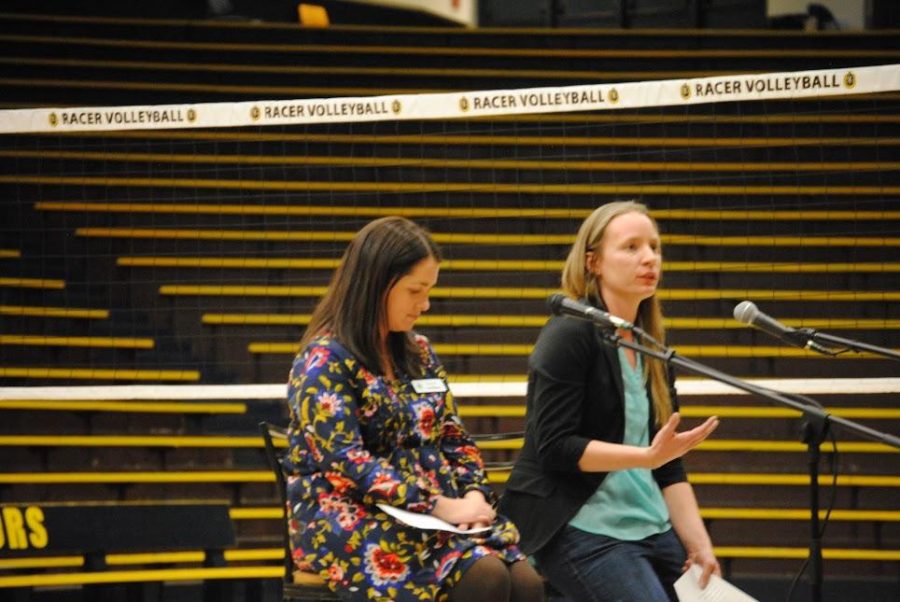The Women’s Center hosted its annual Take Back the Night rally on March 13 from 6 – 7 p.m. in the CFSB center to raise awareness of sexual assault and show support for its survivors.
According to takebackthenight.org, this rally started in the 70’s, which makes it the earliest world-wide protest against sexual violence and violence against women.
In 1972, women marched at a college campus in Florida while demanding resources and safety for women because the school had just gone coed. In October of 1975, after the murder of microbiologist Susan Alexander Speech, a public march took place in Philadelphia.
In 1977, the name Take Back the Night was used at a memorial reading by Anne Pride during an anti-violence rally in Pittsburgh. In 1978, the first march in Canada took place. From 1980-1985, Take Back the Night marches were held by the organization Vancouver Rape Relief.
By the 2000’s, the Take Back the Night Foundation was formed by early event holders who came together to create a place to share information, resources and support for assault survivors and event holders.
Today the foundation is able to support over 300 event holders, allowing them to show support and spread awareness on sexual assault nationwide.
Abigail Cox, coordinator for the Women’s Center and Educational Programs, said Take Back the Night has been a long-standing tradition at Murray State, beginning over 20 years ago.
“Take Back the Night is a platform for survivors and activists to use their voice to empower other members of the campus community to seek healing and create culture change,” Cox said.
She said though students are usually the primary participants in the event, often times speakers come from other schools or community organizations to speak.
Avalon Sutherland, founder of Derby City Consent and creator of the Survivor Modeling Project from Louisville, Kentucky, started the DDC, a support group, a year after she was sexually assaulted.
“I lived over a year in shame of someone else’s actions,” Sutherland said. “I lived in the guilt of someone else’s choices, and I refused to do it any longer.”
She said one of her goals as a survivor was consent education and awareness.
“Three years ago, when I found out that April was sexual assault awareness month, it sparked a new passion in me,” Sutherland said. “I planned a successful sexual assault awareness walk in two weeks.”
This walk helped to create hope for survivors as well as bring awareness to many in the community.
Tori Wood, senior and former Student Government Association president from Symsonia, KY, said she has witnessed the deep pain that sexual assault can bring.
“If you are a sexual assault survivor know that there are people that deeply care about you and want to be on your team,” Wood said. “You are not broken, you do not need to be fixed; you just need to be loved.”
Students were challenged to donate money to the Dunker Challenge which gives aid to students in need on campus, including those affected by sexual assault.
President Bob Davies said he would donate two dollars for every dollar that is donated to the challenge by March 16.
Resources available for the campus community are the Women’s Center, Counseling Center, Purchase Area Sexual Assault center, the Title IX office and the campus police.


